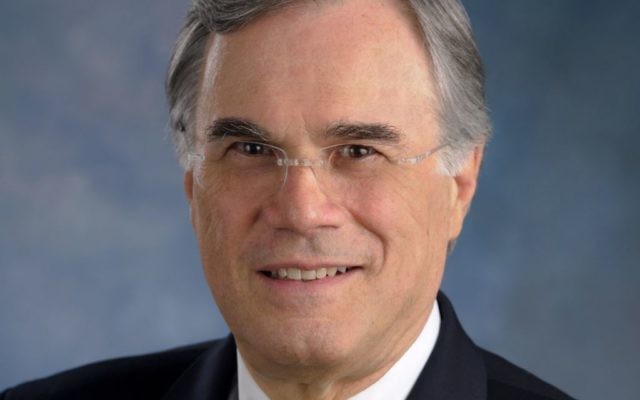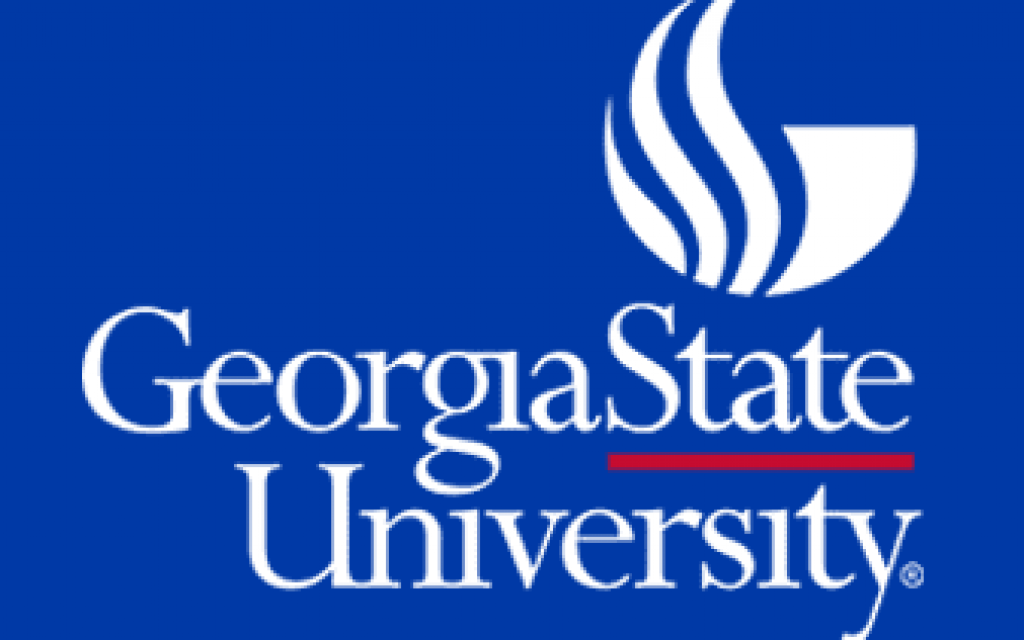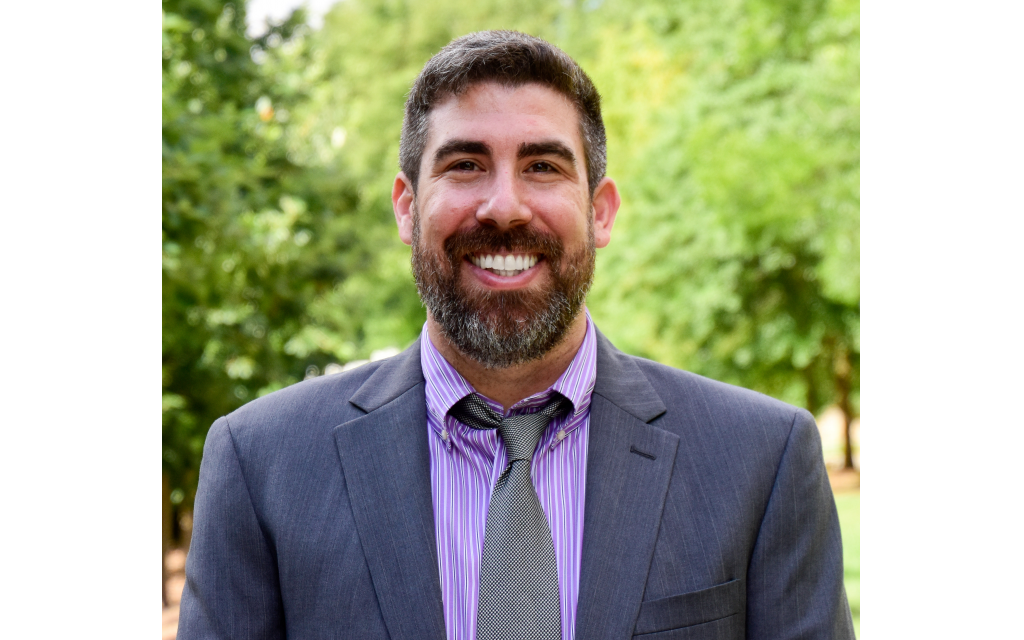Anti-GILEE Measures Fail
The vote to table the resolution regarding GSU’s relationship with the Georgia International Law Enforcement Exchange was 17 in favor, two against, and seven abstaining.
Dave Schechter is a veteran journalist whose career includes writing and producing reports from Israel and elsewhere in the Middle East.

A resolution urging Georgia State University to divorce itself from a controversial law enforcement training program may have failed this time around, but it likely will return when the student government reconvenes in the fall.
The vote to table the resolution regarding GSU’s relationship with the Georgia International Law Enforcement Exchange was 17 in favor, two against, and seven abstaining.
GILEE’s opposition includes pro-Palestinian advocates, groups protesting police shootings of African-Americans, and others critical of what they term the militarization of American police departments. Much of their objection stems from GILEE’s programs in conjunction with Israeli police.
GILEE was created in 1992 to address security issues in advance of the 1996 Olympic Games in Atlanta. Part of its stated mission was to “enhance inter-agency cooperation between State of Georgia law enforcement agencies and the police force of the State of Israel.” Since then, the program expanded to include other states and countries. Since the 9/11 terror attacks, GILEE has focused on homeland security issues.
The resolution voted on April 18 by the student senate encouraged GSU to withdraw its police department from the GILEE program, end the program’s presence at the university, and redirect its funding to “appropriate police training activities.”

A recommendation by a committee of the student senate that the relationship be investigated further will be taken up when the student government reconvenes in the 2019-2020 academic year.
GILEE’s founding director, Robbie Friedmann, a professor emeritus of criminal justice at GSU, referred a request for comment from the AJT to the university.
“The Georgia International Law Enforcement Exchange is an award-winning program that has the support of local, state, federal and international law enforcement and public safety agencies, and the university. The program is in keeping with the university’s mission,” university spokeswoman Andrea Jones said.
According to its website, “GILEE has run law enforcement executive development and trainings to enhance homeland security, through 450 programs that reached over 33,000 law enforcement and other executives across over 25 states and 25 countries.”
GILEE has tax-exempt status as a nonprofit through the Georgia State University Foundation. Its funding comes from donors.
Following a GILEE-sponsored trip to Israel last year, Friedmann told the AJT that participants “have returned with new ways of developing, collaborating on and using police and intelligence strategies to minimize the production of crime.”
The text of the resolution before the student senate said that “GILEE’s training partners include foreign law enforcement agencies that restrict civil liberties, violate human rights, and/or engage in bigotry, including anti-Semitism, Islamophobia, and violent manifestations of homophobia.

Among the countries named in the resolution were Israel, China, Egypt, Hungary and Uzbekistan.
The resolution said that GSU’s own police department should not – “as a matter of principle” and “as a practical matter” – “train with foreign law enforcement agencies that engage in bigotry, restrict civil liberties, or violate human rights.”
Among those speaking at the April 18 meeting against the anti-GILEE resolution was Rabbi Russ Shulkes, executive director of Hillels of Georgia.
Shulkes told the AJT that GILEE “is very strongly identified with the Jewish people of Atlanta and is a source of pride for the Jewish community of Atlanta and the United States.”
In February, when a motion before the student government, in support of the BDS (Boycott, Divestment, Sanctions) movement singled out GILEE, Friedmann told the AJT, “The groups that don’t like GILEE on campus aren’t lying idle. It’s likely they’ll issue another initiative and try to close our program.
“GILEE is reputable and award-winning, and we’re not going anywhere. But the problem with these tactics is that it can give legitimacy to anti-Semitism on campus and everywhere else. Even though they have no facts and it’s purely propaganda used, it’s dangerous.
“We’ve had problems with groups trying to shut GILEE down since 2009, including groups petitioning the university president to shut the program down, but the president refused. Since then though, the anti-Zionist and anti-Semitic sentiments have gotten worse.”



comments